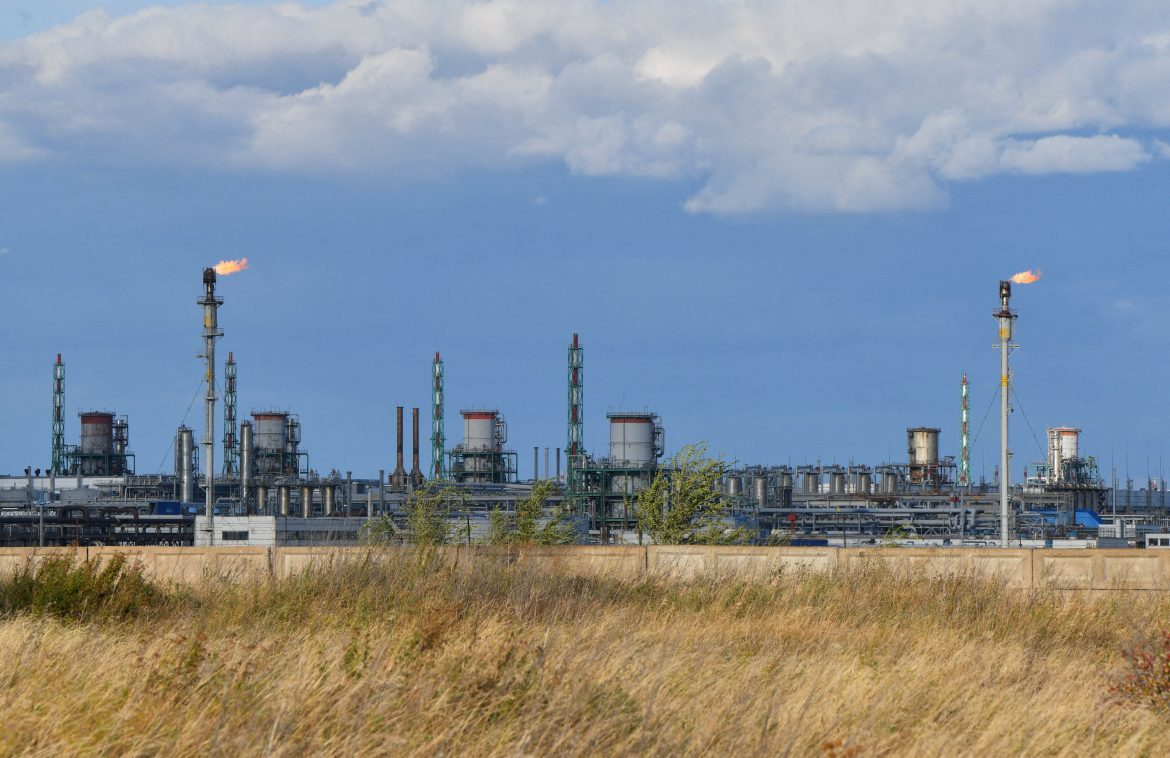A new study has shown that a mere 57 oil, gas, coal and cement producers are directly linked to 80% of the world’s greenhouse gas emissions since the 2016 Paris climate agreement.
According to the Carbon Majors Database, which is compiled by world-renowned researchers, this powerful cohort of state-controlled corporations and shareholder-owned multinationals are the leading drivers of the climate crisis.
Although governments pledged in Paris to cut greenhouse gases, the analysis reveals that most mega-producers increased their output of fossil fuels and related emissions in the seven years after that climate agreement, compared with the seven years before.
The researchers found that 65% of state entities and 55% of private-sector companies had scaled up production in the database of 122 of the world’s biggest historical climate polluters.
Read also: NEMA DG says agency ready to tackle flooding
During this period, the biggest investor-owned contributor to emissions was ExxonMobil of the United States, which was linked to 3.6 gigatonnes of CO2 over seven years, or 1.4% of the global total. Close behind were Shell, BP, Chevron and TotalEnergies, each of which was associated with at least 1% of global emissions.
However, the most striking trend, however, was the surging growth of emissions related to state and state-owned producers, particularly in the Asian coal sector. This expansion, which has continued since, runs contrary to a stark warning by the International Energy Agency that no new oil and gas fields can be opened if the world is to stay within safe limits of global heating. Climate scientists say global temperatures are rapidly approaching the lower Paris target of 1.5C above the pre-industrial era, with potentially dire consequences for people and the rest of nature.
Story was adapted from the Guardian.
